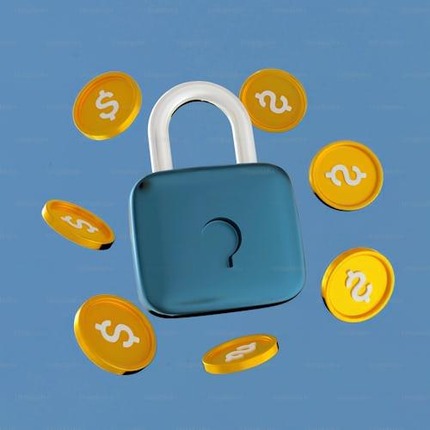A common misconception about cryptocurrency is that it provides complete anonymity and privacy for its users. While this may be partially true, the reality is that crypto transactions can still leave behind a digital trail that can potentially reveal sensitive information about the parties involved.
In today’s digital age, where data breaches and cyber attacks are becoming more frequent, privacy has become a crucial concern for many individuals. This is especially true for those who value their financial information and want to keep it secure.
The Need for Privacy in Crypto Transactions
Privacy is an essential aspect of any financial transaction, including crypto transactions. It’s not just for criminals or those with something to hide; it’s a fundamental right that should be available to everyone. High net worth individuals, business owners, and even everyday consumers all have reasons to protect their financial information.
This is because without privacy, sensitive financial information can fall into the wrong hands, leading to identity theft, fraud, and other malicious activities. The more crypto a wallet has, the more attractive it becomes to hackers and cybercriminals, making privacy even more critical for those involved in cryptocurrency.
Moreover, without privacy, there is also a lack of control over personal information. When conducting transactions on centralized exchanges or using third-party services, users have to trust these entities with their sensitive financial data. This leaves them vulnerable to possible data breaches and misuse of their information.
The Proposed Solutions
Cryptocurrencies were initially touted as a completely decentralized and private way to conduct transactions. However, many experts now argue that this isn’t entirely true, and there is still room for improvement in terms of privacy.
Several solutions have been proposed to address the lack of privacy in crypto transactions. Some involve using advanced encryption techniques, while others focus on developing new protocols or platforms specifically designed for privacy.
1. Zero-Knowledge Proofs
Zero-knowledge proofs (ZKPs) are an advanced cryptographic technique that allows one party to prove to another that they possess certain information without revealing what that information is. In terms of crypto transactions, this means that a user can prove they have the funds to complete a transaction without disclosing their wallet’s balance or transaction history.
2. Decentralized Exchanges
Centralized exchanges are often targeted by hackers due to the large amounts of funds they hold. Decentralized exchanges, on the other hand, operate on a peer-to-peer basis without any central authority or control. This eliminates the need for users to trust a third party with their sensitive financial data.
Final Thoughts
Whether you are a privacy advocate or simply a crypto enthusiast, it is important to consider the implications of the trail of information we leave behind with every transaction. Although you might not want others to track your profile, you’d still want to use a free crypto portfolio tracker to ensure that you get instant crypto alerts.
Moonrig.io solves this problem as it lets you manage crypto assets for free. This way, you can keep track of your portfolio without compromising your privacy to custodial exchanges.












